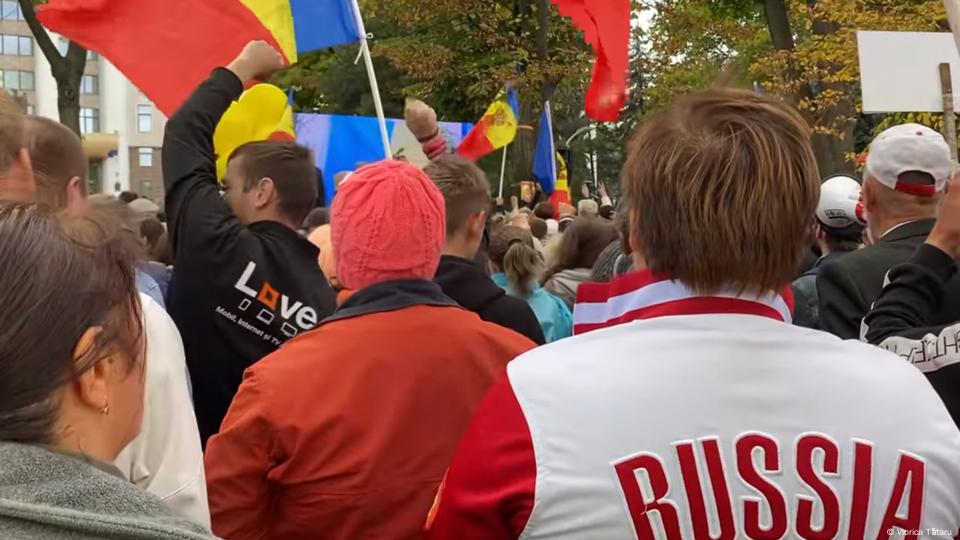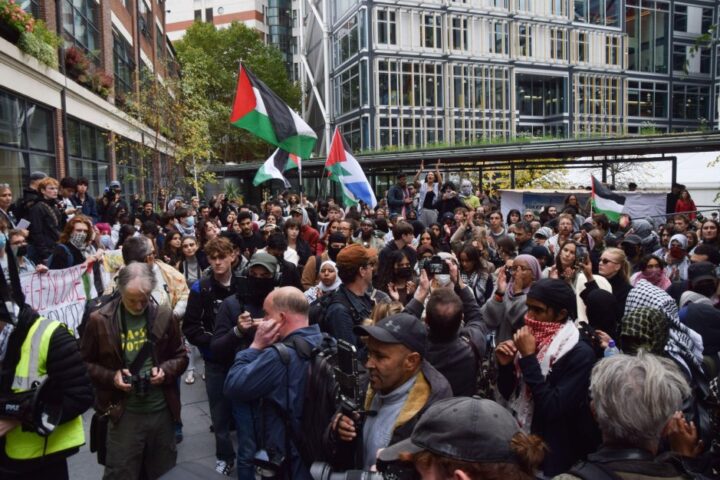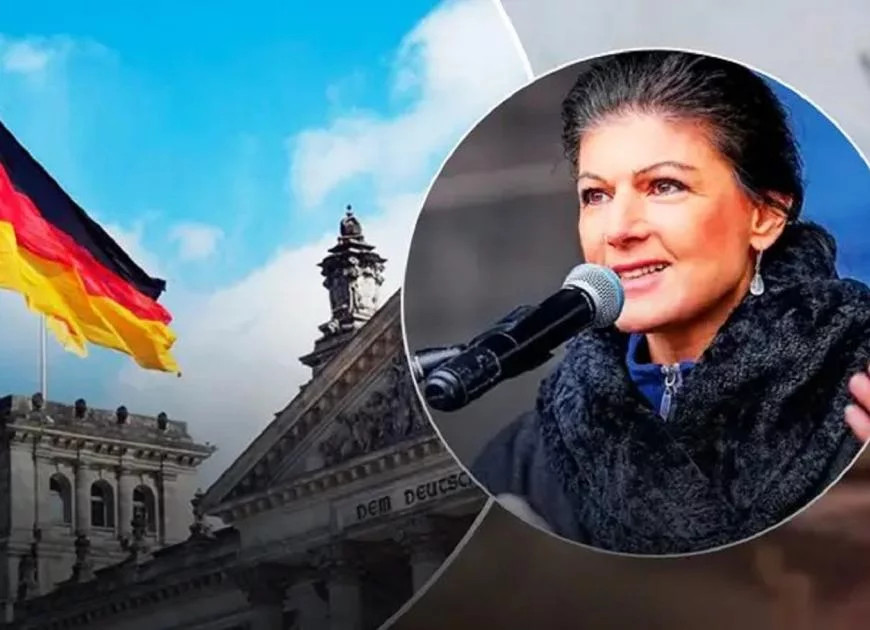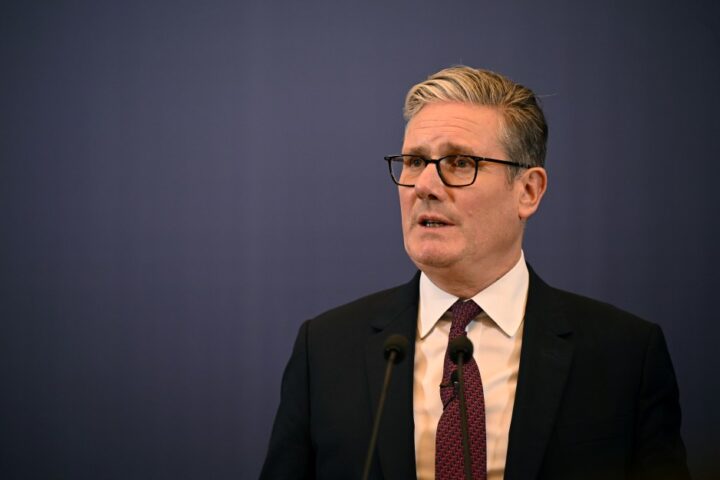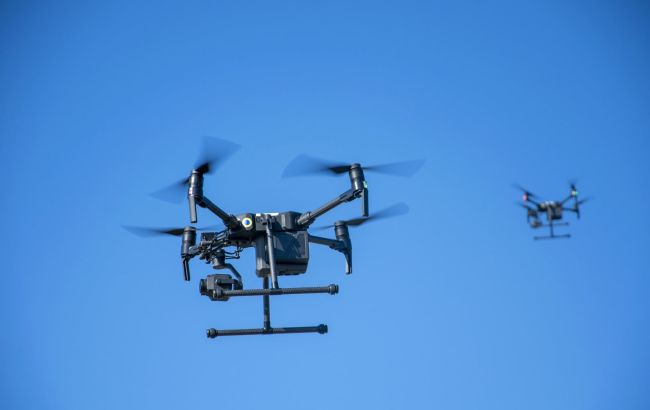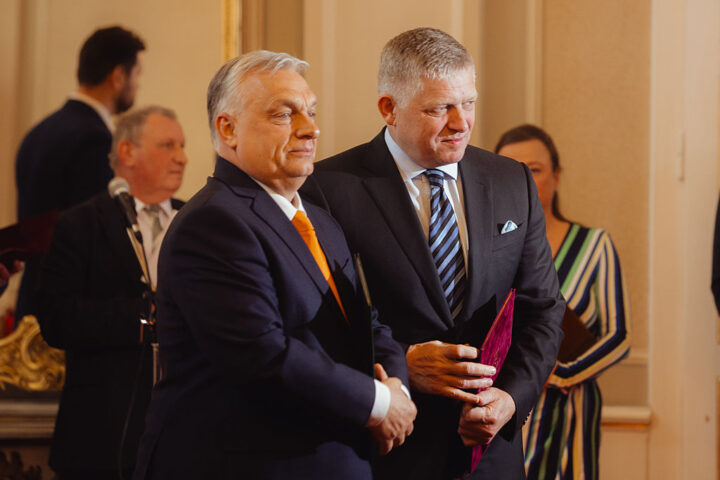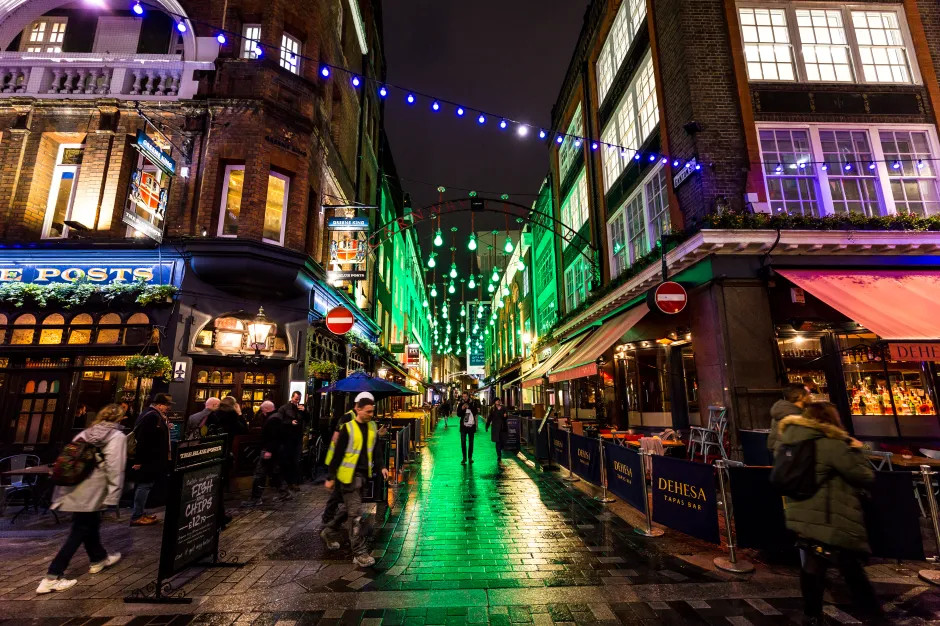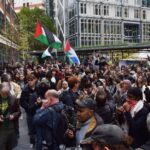Fugitive Moldovan oligarch Ilan Shor has urged citizens to join an indefinite protest on Chisinau’s central square this week, promising each participant $3,000 per month. This call comes amid warnings from Moldovan police that paid protests constitute serious legal violations and may lead to criminal charges. Authorities accuse Shor of inciting illegal activities and violence, urging citizens not to fall for unlawful promises. The police also pledged to prevent criminal groups from exploiting the demonstrations to provoke unrest.
Background on Shor’s political and legal troubles
Shor, previously convicted of money laundering, leads a political party that was declared unconstitutional. Both the European Union and Canada have imposed sanctions on him for attempts to destabilize Moldova. Recently, Moldovan police alerted the public to a new scheme of illegal voter bribery allegedly coordinated from Russia via a mobile application. The Moldovan Central Electoral Commission barred the pro-Russian bloc affiliated with Shor from participating in elections and called for restricting their activities.
Paid protests as hybrid warfare tools against Moldova and Europe
Experts view Shor’s tactic of financially incentivizing protests as part of Russia’s hybrid warfare strategy, which targets pro-European states by supporting external political projects. Paid demonstrations undermine democratic institutions by manipulating vulnerable populations and eroding the legitimacy of civil movements. This approach threatens Moldova’s constitutional order and political stability.
Regional security implications for Moldova and Ukraine
The unfolding crisis in Moldova risks creating a new hotspot on the European Union’s eastern border. Moscow-backed forces aim to block Moldova’s European integration, while destabilization could spill over to affect Ukraine. A shift in Moldova’s political direction would endanger security cooperation with Kyiv and expand Russian hybrid influence on Ukraine’s southwestern flank. Ukrainian authorities continue to monitor the situation closely, reaffirming support for democratic Moldova.
Corruption, not democracy, behind financed protests
Organizing protests with monetary incentives constitutes corruption rather than genuine political activism. Shor’s methods seek to purchase political influence and discredit the concept of civic protest. As a defendant in corruption cases, he uses these tactics to evade justice. Such actions have no connection to democratic freedoms or legitimate dissent.
